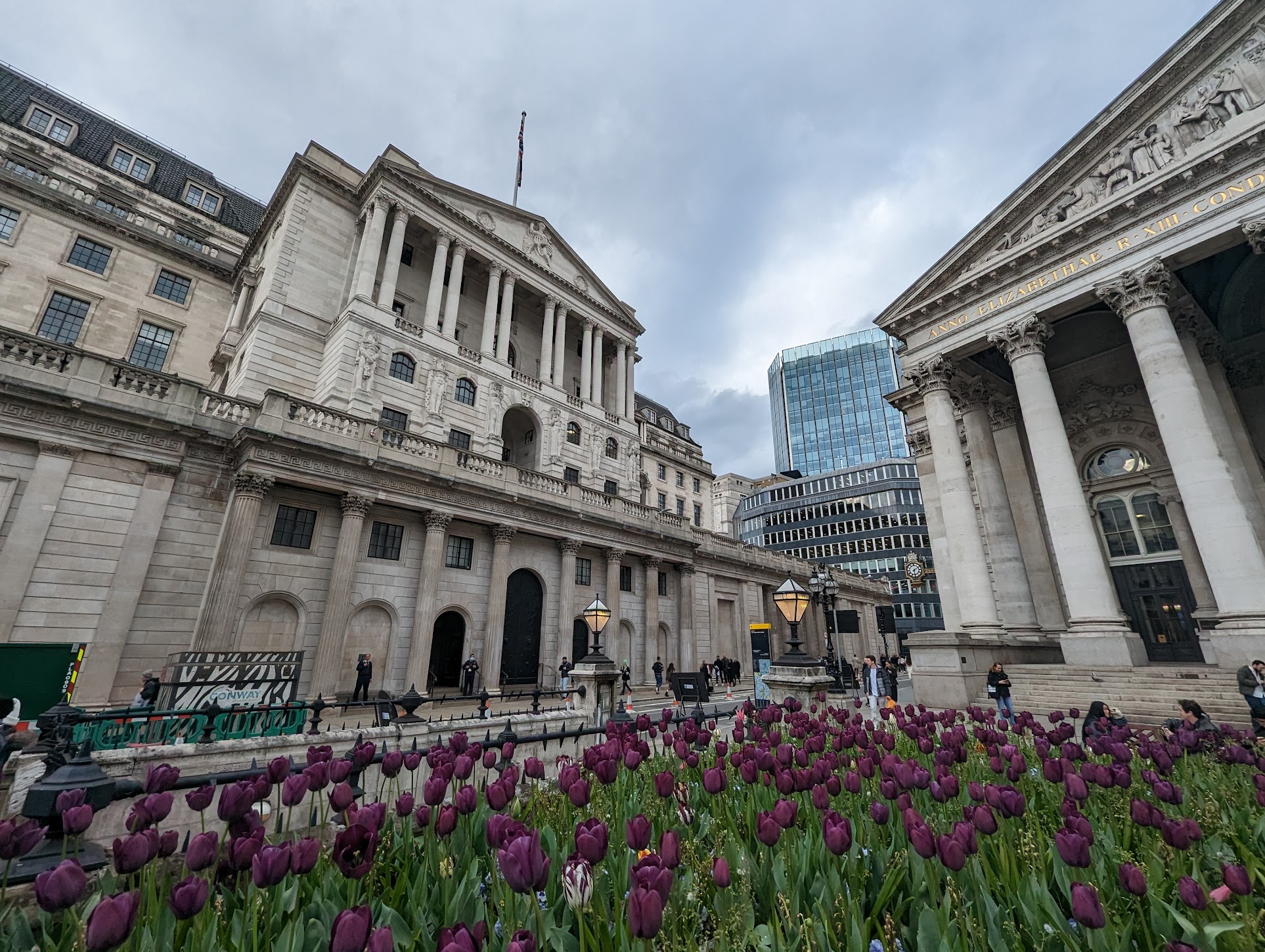Rising core inflation heralds further interest rate hikes

The Bank of England is expected to again hike the base rate tomorrow as UK inflation remained at a stubborn 8.7% last month, with core inflation, which excludes volatile items such as food and energy, reaching its highest level in 30 years at 7.1%.
This increase has defied the predictions made by economists and the Bank of England, who anticipated a fall to 8.4%.
The data reveals that inflationary pressures are driven by increased costs of flights, live music events, and second-hand cars, according to the Office for National Statistics. However, some respite was seen in food price inflation, which slightly reduced to 18.4%, along with falling petrol prices.
Despite mounting political pressure, Chancellor Jeremy Hunt affirmed the government’s stance to maintain its current economic policy and not offer mortgage support or cut taxes. Mr Hunt stressed that it is essential to “squeeze every last drop of high inflation out of the economy” and urged patience for interest rate increases to have their intended impact.
The recent inflation figures are likely to exert pressure on the Bank of England to raise borrowing costs more aggressively in an effort to combat persistently high prices. Before the figures were released, investors’ expectations for future rate hikes had already peaked at 5.75% later this year.
Kevin Brown, savings specialist at Scottish Friendly, commented: “Inflation has failed to move, but most worrying for households is the persistence of core inflation, rising to 7.1%. This is a huge problem the Monetary Policy Committee will be focusing on dealing with through more rate hikes tomorrow.
“Stubborn core inflation suggests that high price rises are now bedded into the economy. This is compounded by the bigger-than-expected wage increases now coming through for workers. In short, rates will have to continue to rise if price increases are to slow meaningfully.
“This isn’t good news for households. Although they may be feeling better with rising pay packets the risk to the economy is even more heightened by persistent inflation. Ultimately this could lead to a much more painful economic outcome.
“While mortgage pressure is the big issue, interest on savings is still well behind in inflationary terms too, which won’t encourage people to hold money back for a rainy day. Rates have a long way to go before even the top rate savings accounts begin to look attractive again.”
EY ITEM Club’s chief economic advisor, Martin Beck, shared a similar sentiment, suggesting that despite the expected significant fall in inflation over the remainder of the year, a combination of tight labour market conditions and strong pay growth may slow the easing of domestically-generated inflationary pressures.







